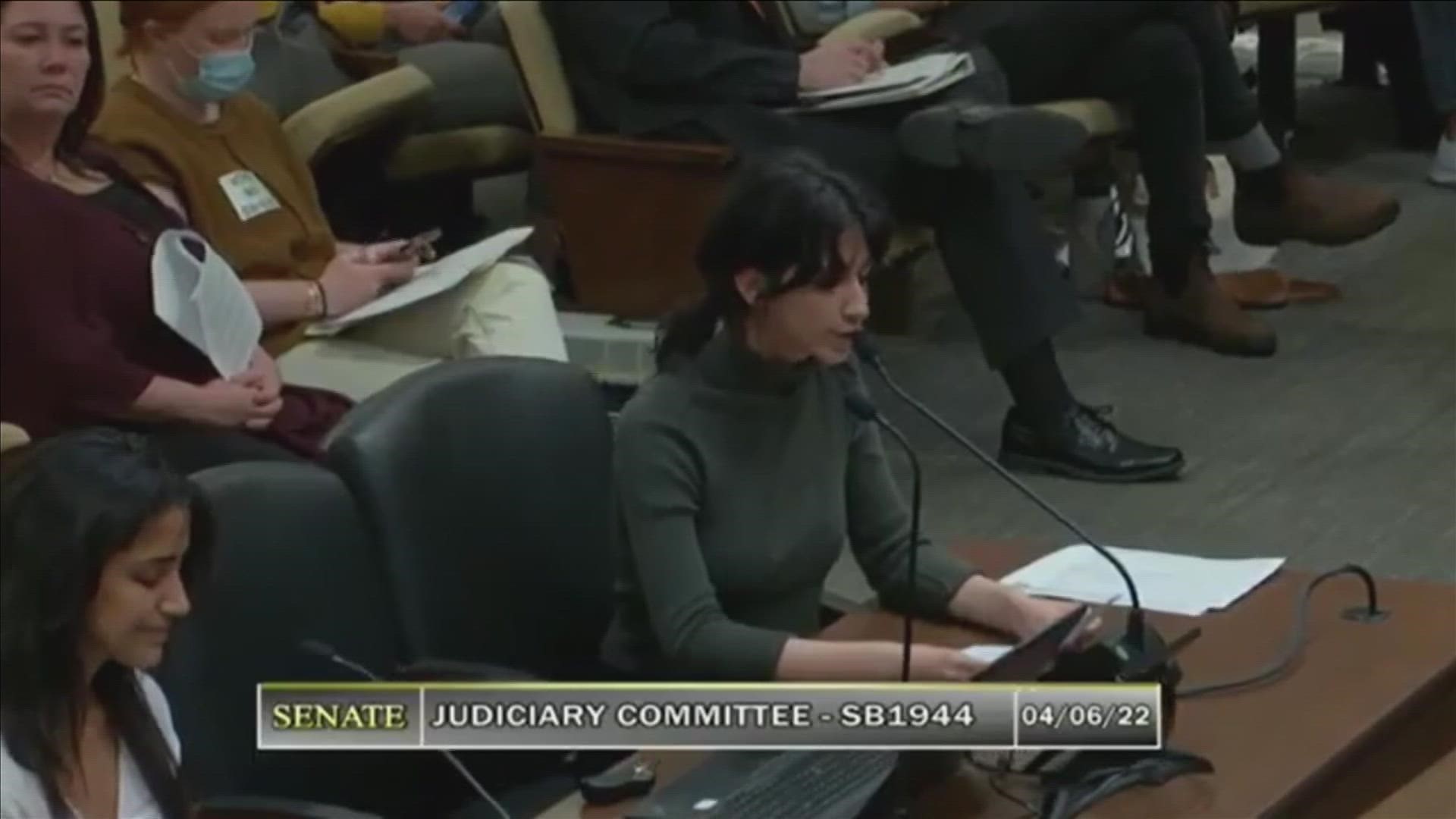MEMPHIS, Tennessee — Two Memphis high school students are speaking out against stalled Senate Bill 1944, which would ban “obscene” books in schools.
“Imagine how this feels for a queer student or how it feels for a student of color to have because it’s a little too real for a parent’s liking,” said sophomore Milana Kumar, who traveled to Nashville to testify against the bill on April 6.
Censorship.
That’s the issue Collierville High School student Kumar has with the book bill, which would if signed into law ban “obscenity and pornography” in schools as determined by the school boards.
The bill would require school librarians to remove books from shelves for 30 days if someone challenges them.
“The feeling was the school board they’re elected by the people in the district so they’re close to the people and know what community standards are and obscenity, of course, is a subjective measure,” said Sen. Joey Hensley. “The supreme county has said to use community standards.”
Next, the bill sponsor, Sen. Hensley said the local school board decides to return the book or permanently remove it.
An issue Kumar raised was the perceived obscenity in the Holocaust and violence of a Ruby Bridges biography novel by advocates of the bill.
“My main concern was the bill was being presented as a bill against pornographic material for minors because their thought was who could say no to that, but how they would execute it and use it the bill was towards violence which is a part of most marginalized histories,” explained Kumar.
Fellow Tennessee Youth Coalition organizer Salina Shamsuddin detailed an encounter with country music star John Rich at a hearing.
“We were like can we get a list of the books and he blatantly ignored us and I think that that really hit that we don’t have representation in the room,” shared Shamsuddin.
Hensley argued books considered age-appropriate for high schoolers are not necessarily appropriate for younger students.
“We got into testimony about race and about LGBTQ issues,” said the senator. “The bill wasn’t really meant to deal with those issues. This is just dealing with obscene and pornographic material.”
Hensley said, “sexuality issues need to be reserved for older students. Leave some of these issues to be addressed later and certainly not in the early grades.”
“We’re all here for the same thing like we all just want a voice at the table,” added Kumar.
The proposed legislation passed the Tennessee House floor but not the Senate and has been sent to a summer study.

